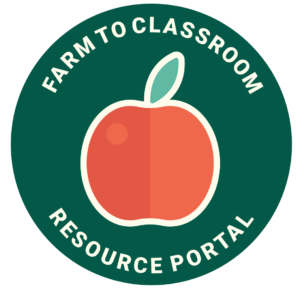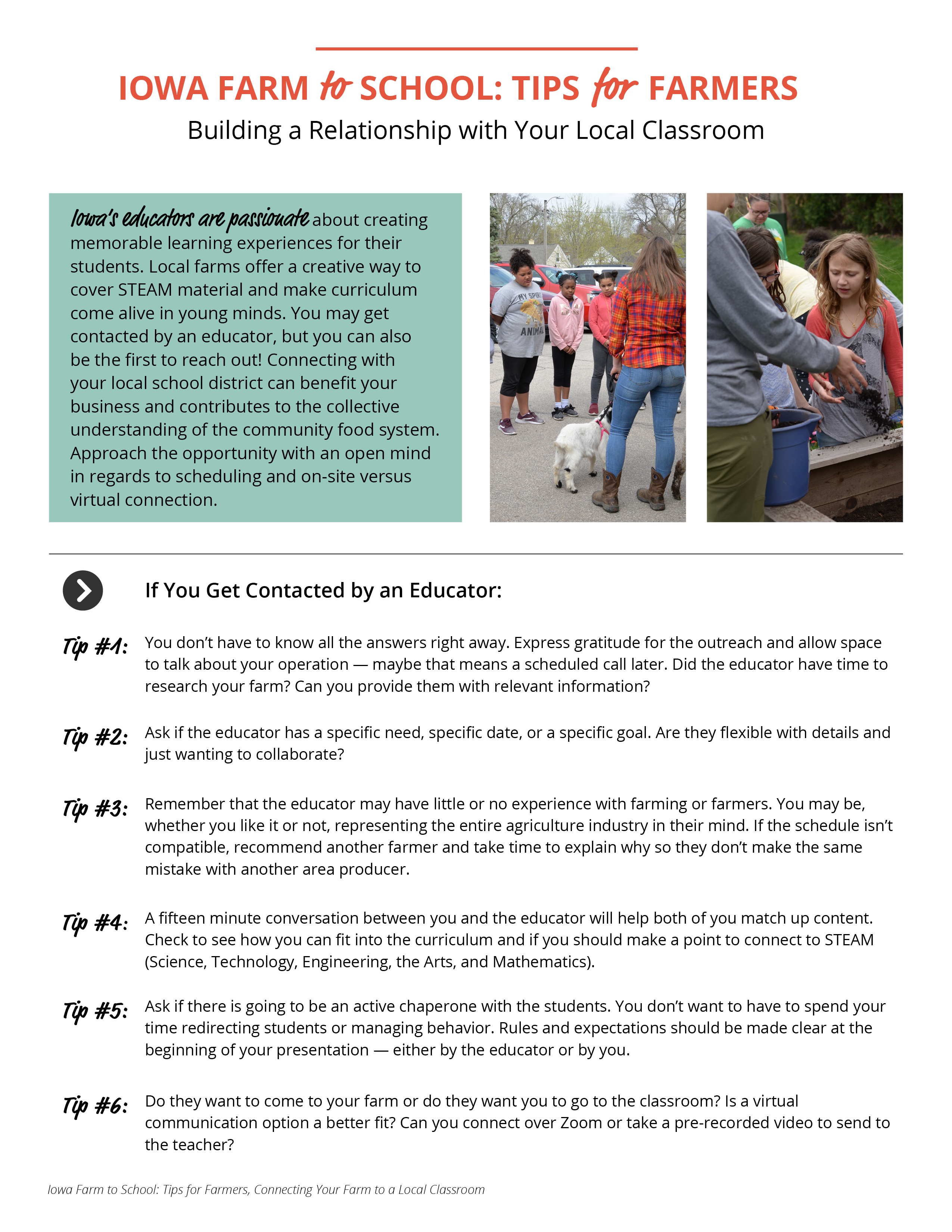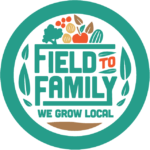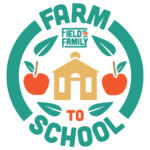Handout: Tips for Producers
Join Our Producer Contact List: Sign up to let us know you’re interested in bringing your farm into classrooms in our region.
Field to Family’sFarm to School work is sponsored by Hill’s Bank

Our Farm to Classroom Resource Portal makes it easier than ever to connect with local students, even when in-person visits and activities aren’t an option. The resources provided here are meant to help producers in Iowa City, Cedar Rapids and surrounding communities provide high-quality Farm to School instruction and find opportunities for collaboration.
Join our Farm to School producer contact list by contacting farmtoschool@fieldtofamily.org to let us know you are interested in Farm to School!
Learn more about Field to Family’s Farm to School program.
Farmer Presentations Go Virtual
Video presentations are a great way to share information about yourself and your farm when in-person visits aren’t an option! Check out these video presentations from other local farmers as inspiration.
Elementary
Tell stories about what happens on your farm – what you grow, what animals live there and what they eat. Stories that have a problem and solution are memorable in young minds. Kids like stories about food, poop, and pets.
In this video, farmer Susan introduces her audience to chickens, turkeys, goats and llamas, providing information about the animals’ care and personalities, as well as some of the very basic science behind animal agriculture.
Intermediate
Explain how your farm relates to the rest of the food system. How does food get from your farm to plate? Although you need to be more informative with older students, you don’t have to be dry. Find a way to make your presentation a fun experience.
In this video, the folks at Grow: Johnson County show how garlic is planted and share a little about how their organization gets the food they grow to community members in need. This video also serves as a fun tutorial for an educational and fun hands-on activity.
High School
Tell students about how you started farming, how you chose your career path. Describe your farming practices and the environmental impact and biodiversity. Again, make your presentation an enjoyable and engaging experience. Walk your fields and pull up plants, show them roots or seed pods, make it tactile and hands-on.
In this video, Farmer Scott Koepke shares a little about his farm and background, uses a ton of visuals and props and shares a slightly more complex scientific story about soil, compost and the environment.
This project was possible because of a USDA Farm to School Grant awarded to Iowa Valley RC&D.
Field to Family is based in Iowa City and works to create a more local, healthy and sustainable regional food system. Field to Family’s Farm to School Program works to increase the amount of fresh, local food that students eat through our three projects: 1) adding more local foods to school lunches, 2) building school gardens and composting systems, and 3) providing food, agriculture, and nutrition education programs.
Iowa Valley RC&D is a 501c3 non-profit based in Amana who works to grow local economies, strengthen food systems, foster protection and enhancement of natural resources, and develop awareness for the arts, history, and culture. The Iowa Valley RC&D’s expertise is in community food systems, planning, and placemaking.
This project has been funded at least in part with Federal funds from the U.S. Department of Agriculture. The contents of this publication do not necessarily reflect the view of policies of the U.S. Department of Agriculture, nor does mention of trade names, commercial products, or organization imply endorsement by the U.S. Government.




